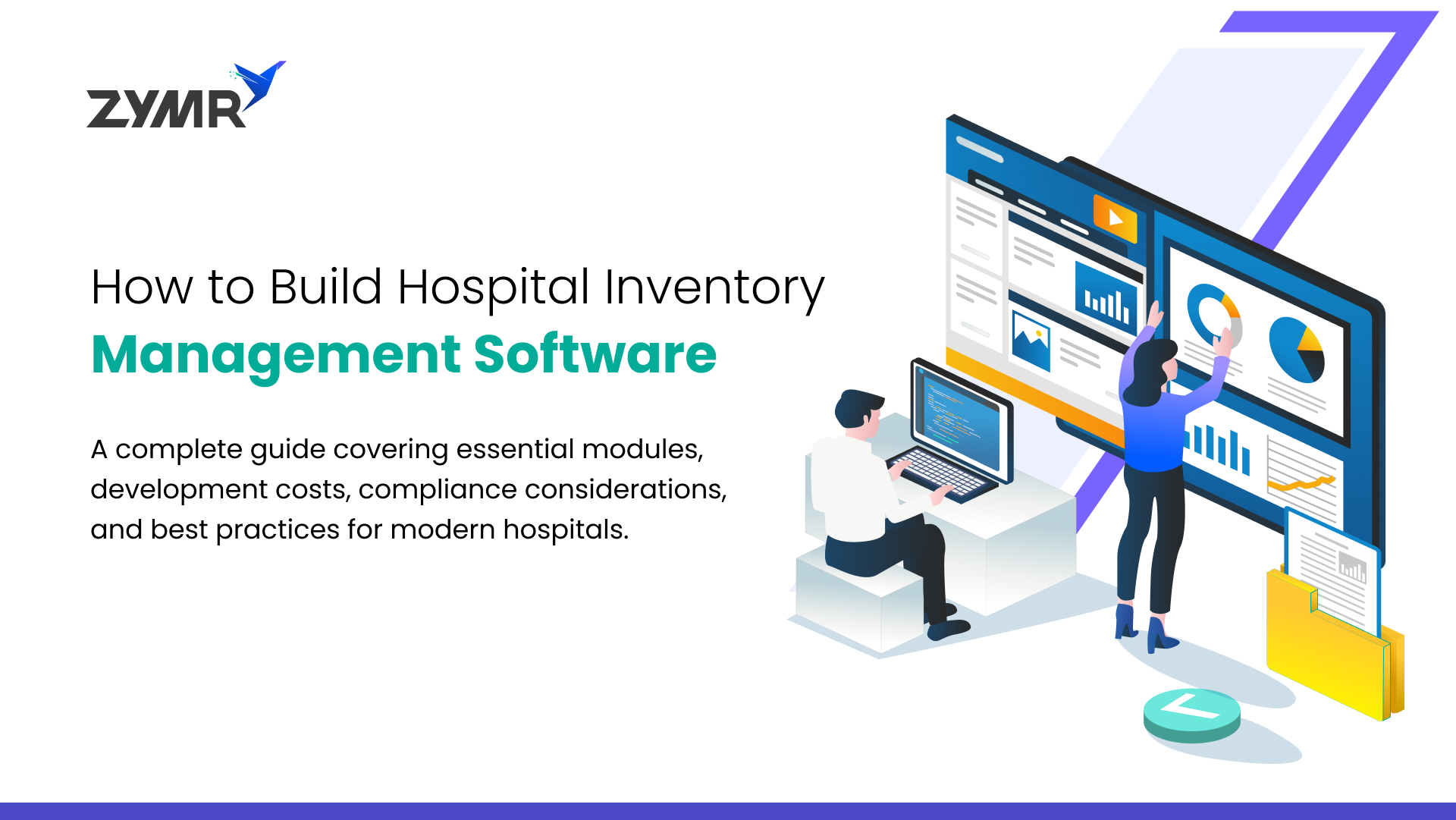The Automation Era: How Node.js in CI/CD Empowers Software Development Services

August 8, 2024
The popularity and trust gained by agile software development has paved way for Continuous Integration and Continuous Deployment (CI/CD) to pose as the cornerstone for automation for various aspects of software development services. Thanks to CI/CD developers can orchestrate the SDLC cycles for automated testing services, purposeful deployments, and self-regulated scaling. Among the key elements responsible for this paradigm shift into CI/CD’s event-driven, non-blocking I/O models is Node.js. Node.js brings a powerful platform that offers an extensive library support that empowers CI/CD experts to craft highly scalable, real-time solutions.
In this blog we will explore how Node.js plays a pivotal role in empowering software development services with efficient CI/CD automation and addresses the challenges encountered in the process.
CI/CD have indeed transformed the landscape of software development services, ushering in a new era of automation. It helps the developers with a strategic approach that brings efficiency, reliability, and faster delivery of high-quality software products. Let’s explore of the impact of CI/CD in software development particularly in automation:
- Automated Testing: There’s a reason CI/CD is popular even among QA automation companies. It enables automated testing at various stages, such as unit tests, integration tests, and end-to-end tests. These tests are triggered automatically with every code change, ensuring quick identification and resolution of bugs and issues, reducing manual intervention, and ensuring robust code quality.
- Continuous Integration: Developers can continuously integrate their code changes into a shared repository, ensuring that changes from multiple developers are integrated regularly. This practice facilitates early detection of conflicts and integration issues, promoting collaboration and maintaining a stable codebase.
- Faster Feedback Loop: CI/CD shortens the feedback loop as code changes are automatically validated and tested. Developers receive immediate feedback, enabling them to rectify issues swiftly and iterate rapidly, resulting in faster development cycles.
- Seamless Deployment: Continuous Deployment automates the deployment process, ensuring that validated code changes are automatically released to production environments. This eliminates manual intervention, reducing the risk of human errors during deployment.
- Version Control and Rollback: CI/CD tools maintain a history of all changes and deployments, allowing developers to easily roll back to previous versions in case of unexpected issues, ensuring software reliability and stability.
- Scalability and Flexibility: CI/CD pipelines can be configured to accommodate diverse development environments, platforms, and technologies, making them highly scalable and flexible to meet the needs of different projects.
- DevOps Integration: CI/CD promotes the DevOps culture by bridging the gap between development and operations teams. It fosters collaboration, enhances communication, and improves the overall efficiency of the development process.
At the heart of this transformation lies Node.js, a versatile and high-performance runtime environment. This section illustrates Node.js as a key component in CI/CD, providing developers with a seamless and efficient approach to automation.
Navigating Hurdles in Automation
Despite the many advantages of CI/CD, various challenges can hinder its seamless implementation for automation in software development. It is essential to address these challenges to maximize the potential of CI/CD and ensure seamless and efficient development processes:
- Complex Integration: Integrating CI/CD pipelines with existing legacy systems or complex architectures can be challenging. It may require extensive modifications to adapt the existing infrastructure to the CI/CD workflow, leading to potential bottlenecks and disruptions.
- Testing Strategies: Developing effective and comprehensive testing strategies is crucial for CI/CD success. Automating tests across different environments and platforms while ensuring sufficient test coverage demands careful planning and execution.
- Version Control Management: Maintaining a clean and organized version control system is critical in CI/CD. Managing code branches, handling conflicts, and ensuring proper collaboration among developers can be demanding in large-scale projects.
- Security Concerns: CI/CD automation involves continuous code integration and deployment, making it vital to prioritize security measures. Implementing robust authentication, access control, and vulnerability checks are essential to safeguard the codebase and sensitive data.
- Monitoring and Feedback: Real-time monitoring and feedback mechanisms are essential for identifying issues promptly. Establishing effective monitoring tools and timely reporting helps in detecting and resolving problems during the development process.
- Deployment Complexity: In complex deployment scenarios, coordinating the deployment of multiple microservices or interconnected components can be intricate. Ensuring a smooth and error-free deployment requires meticulous planning and coordination.
- Cultural Shift: Adopting CI/CD often requires a cultural shift within the development team and the organization. Emphasizing collaboration, continuous improvement, and embracing automation can be a significant change that requires time and effort.
By leveraging Node.js in CI/CD pipelines, development teams can take advantage of its simplicity, flexibility, and performance. It offers several features and benefits that can help address the challenges in CI/CD and enhance the overall automation process in software development:
- Easy Integration and Testing: Node.js has a rich ecosystem of libraries and frameworks that facilitate easy integration with CI/CD tools and testing frameworks. This makes it straightforward to set up automated testing pipelines and ensures seamless integration with various CI/CD platforms.
- Package Management (npm): Node.js's package manager, npm, simplifies dependency management and version control. This streamlines version management, mitigating potential conflicts and easing the burden of maintaining a clean version control system.
- Security and Code Quality Tools: Node.js has a wide range of security and code quality tools available through npm. These tools help identify vulnerabilities, enforce coding standards, and ensure code quality, enhancing the overall security and reliability of the CI/CD process.
- Event-Driven, Non-Blocking I/O: Node.js's event-driven architecture and non-blocking I/O model enable efficient handling of multiple concurrent tasks. This improves the performance of CI/CD pipelines, allowing faster and more reliable builds and deployments.
- Scalability and Performance: Node.js's lightweight nature and scalability make it suitable for large-scale CI/CD environments. It efficiently handles multiple requests and builds, making it an excellent choice for organizations with extensive automation needs.
- Real-Time Monitoring and Feedback: Node.js's real-time capabilities make it ideal for setting up monitoring and feedback systems in CI/CD pipelines. Developers can receive immediate notifications on build status, test results, and deployment outcomes, enabling quick responses to potential issues.
- Continuous Deployment for Node.js Apps: Node.js is a popular choice for building web applications and services. Its compatibility with various cloud platforms and deployment tools allows for seamless continuous deployment of Node.js applications.
- Extensive Community and Support: Node.js has a large and active community, with regular updates, security patches, and continuous improvements. This community support ensures that Node.js stays up-to-date and secure, contributing to a stable CI/CD infrastructure.
Conclusion
Node.js proves to be a pivotal element not only in CI/CD but also in other aspects of software development and even cloud application development services for that matter. As a versatile ally for automation, it also holds the potential to play instrumental roles in shaping the future with AI/ML and IoT-powered software services. Embracing Node.js in CI/CD empowers software development services to embark on a transformative journey, achieving greater agility, efficiency, and innovation in the dynamic landscape of modern software development.
FAQs
>
>
>
>
>
Have a specific concern bothering you?
Try our complimentary 2-week POV engagement
Our Latest Blogs

January 15, 2026
Global Healthcare Outlook 2026: Key Trends in Digital Health, AI, and Patient Safety

January 15, 2026
Top 10 Healthcare IT Services Companies Transforming Healthcare Delivery(2026)

January 15, 2026





.svg)
.svg)
.svg)
.svg)
.svg)
.svg)
